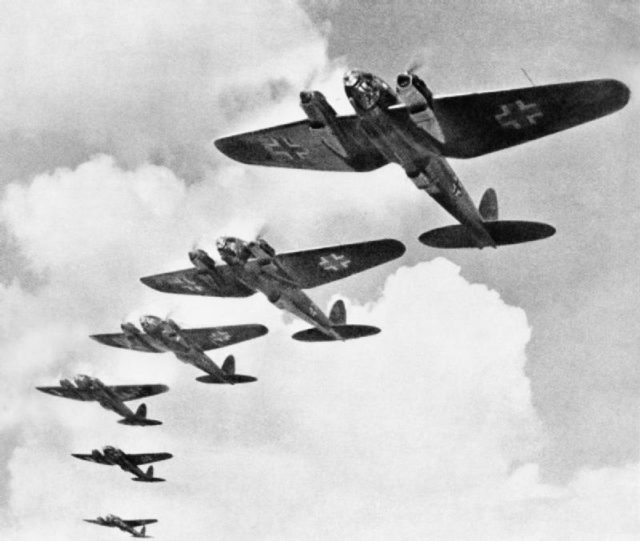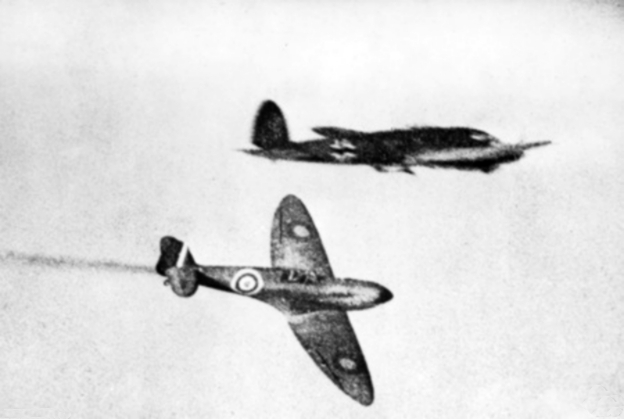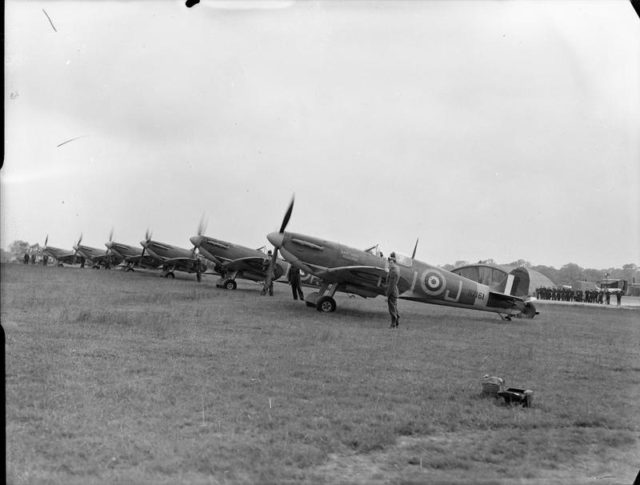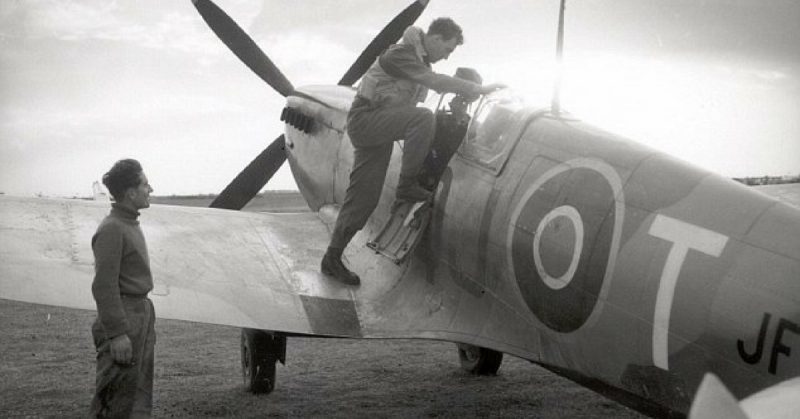Geoffrey ‘Boy’ Wellum was the Second World War’s youngest Spitfire pilot. He joined the RAF at eighteen and died two weeks after his 97th birthday at his home in Cornwall, according to the Battle of Britain Memorial Trust. He was one of just eight surviving members . Wellum’s extraordinary life and bravery had been the subject of books and a TV drama on the BBC.
Despite the four-week life expectancy given to wartime pilots, Wellum displayed no fear. The RAF sent him up into the sky in a Spitfire to fight the Nazis in his teens, informing him, perhaps as a joke, ahead of his first air battle that if he broke his plane there would be hell to pay.
Later, he would graduate to squadron leader and serve on the front line during the harrowing dogfights of the Battle of Britain, defending the home country in it’s most desperate hour of need.
The cost of war was personal for Wellum as he lost many of his closest friends from the RAF, and developed a sanguine attitude towards remembrance claiming that he learned how to accept it, get on with living and remember absent friends. Wellum was awarded the Distinguished Flying Cross and a promotion to Flight Commander with the 65th Squadron, and later led eight Spitfires from the back of HMS Furious in the fight to relieve Malta.

Wellum stayed with the RAF until 1960 and wrote his 2002 memoir,“First Light,” which became a best-seller, about his experiences in the war. The book was optioned and adapted by the BBC into a feature film for BBC television.
He explained that his first battle was one of the most harrowing of all the conflicts he’d entered into. They started with ten Spitfires and were quickly whittled down to two.
The controller directed them towards 150-plus enemy aircraft, which he described as looking like gnats on a sunny evening. He had no idea of where to start, so he swallowed his trepidation and flew straight in underneath their line, firing his weapons and promptly left.

The total tally in the Battle of Britain for the Luftwaffe was close to 2,000 aircraft lost and the battle continued through the summer, but the RAF lost more than 900. Wellum engaged in between fifty and sixty flights during this period, and claimed that the most terrifying experiences during the conflict were when he was engaged in a dogfight.
During an interview he stated that one-on-one conflict in which he could see the man behind him trying to shoot him down taught him the meaning of the word fear. Quite often, in fact, he would find himself in a position where he would calmly assert to himself that he was going to die.
Pilots who survived the Battle of Britain were later dubbed ‘The Few,’ which itself was a reference to Churchill’s famous quote: ‘Never in the field of human conflict was so much owed by so many to so few.’

After Malta, he became a test pilot at Gloster Aircraft, including test flying the Hawker Typhoon, and ended the war as a gunnery instructor. Upon leaving the Royal Air Force, he worked in a firm of commodity brokers until he retired to Cornwall.
The Battle of Britain was one of the most significant turning points of the Second World War. It ended when Germany’s Luftwaffe failed in their attempt to acquire air superiority over the Royal Air Force even after they had spent months targeting Britain’s air bases, military installations and even their civilian population.
The Royal Air Force’s decisive victory kept the country from enduring a ground invasion and attempted occupation from Nazi forces.
